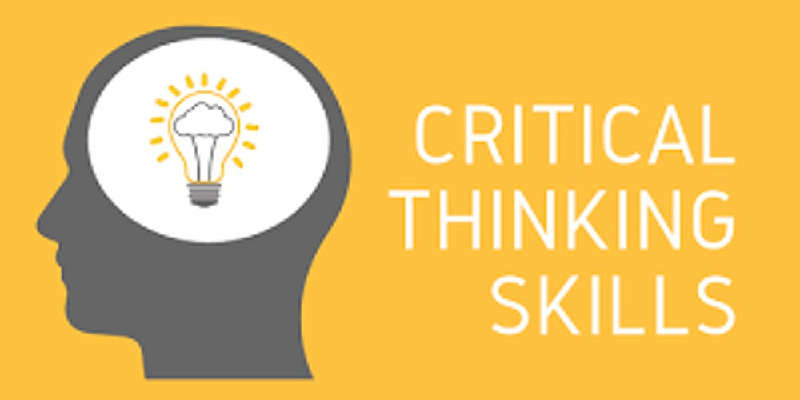
Enhancing Critical Thinking Skills through ICT in English Writing.
In today's digital age, Information and Communication Technology (ICT) has become an integral part of education, offering vast opportunities to enhance critical thinking skills, especially in English writing. Integrating ICT tools into English writing classes can empower students to think critically, analyze information, and communicate effectively. Here are several ways ICT can be utilized to improve critical thinking skills in English writing:
-
Access to Diverse Information Sources:
ICT provides students with access to a plethora of information sources, including online libraries, databases, and educational websites. Encouraging students to explore various perspectives on a topic enhances their critical thinking abilities by exposing them to diverse viewpoints and encouraging them to evaluate the credibility and reliability of sources. -
Interactive Writing Platforms:
Utilizing interactive writing platforms such as Google Docs or Microsoft Word Online enables collaborative writing and real-time feedback. Through peer reviews and constructive criticism, students learn to assess and revise their work critically. Additionally, teachers can provide immediate feedback, guiding students to identify strengths and areas for improvement in their writing. -
Digital Storytelling:
Engaging students in digital storytelling projects encourages them to think critically about narrative structure, character development, and theme exploration. Platforms like Adobe Spark or Storybird allow students to integrate multimedia elements such as images, videos, and audio recordings into their stories, fostering creativity and enhancing critical thinking skills through the synthesis of different media. -
Analyzing Multimedia Texts:
ICT facilitates the analysis of multimedia texts, including videos, podcasts, and interactive websites. Encouraging students to deconstruct and analyze various forms of multimedia texts helps develop their ability to interpret information critically, identify persuasive techniques, and evaluate the impact of visual and auditory elements on the audience. -
Virtual Debates and Discussions:
Virtual debate platforms like Flipgrid or Zoom enable students to engage in structured debates and discussions on a wide range of topics. By researching, formulating arguments, and presenting their viewpoints persuasively, students hone their critical thinking skills while developing their ability to communicate effectively in English. -
Digital Research Skills:
Teaching students effective digital research skills, including keyword searching, source evaluation, and citation management, is essential for fostering critical thinking in English writing. By guiding students through the process of locating, evaluating, and synthesizing information from online sources, educators empower them to think critically about the credibility, bias, and relevance of the information they encounter. -
Creative Problem-Solving Activities:
Engaging students in creative problem-solving activities, such as designing digital infographics or composing multimedia presentations, challenges them to think critically about how to communicate complex ideas effectively. By integrating ICT tools into these activities, students learn to analyze data, synthesize information, and present their findings in a clear and compelling manner. -
Digital Literacy and Ethical Considerations:
Teaching students about digital literacy and ethical considerations, such as copyright laws, online privacy, and responsible digital citizenship, is crucial for developing their critical thinking skills in an increasingly digital world. By fostering an awareness of the ethical implications of their online actions and encouraging them to critically evaluate the credibility and validity of online information, educators empower students to navigate the digital landscape responsibly.
In conclusion, integrating ICT into English writing classes offers myriad opportunities to enhance students' critical thinking skills. By providing access to diverse information sources, facilitating collaborative writing and peer feedback, engaging in digital storytelling and multimedia analysis, participating in virtual debates and discussions, teaching digital research skills, promoting creative problem-solving activities, and fostering digital literacy and ethical considerations, educators can empower students to think critically, communicate effectively, and thrive in the digital age.